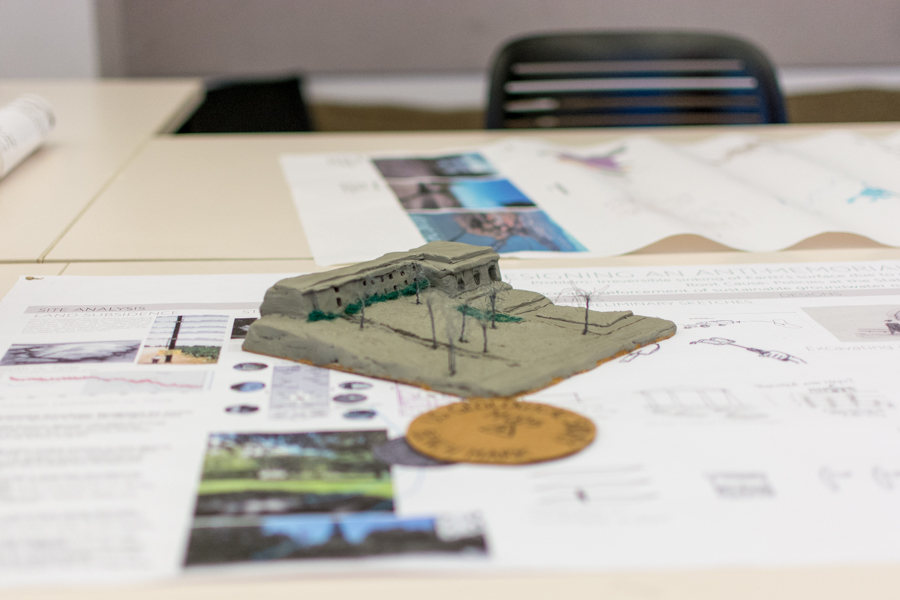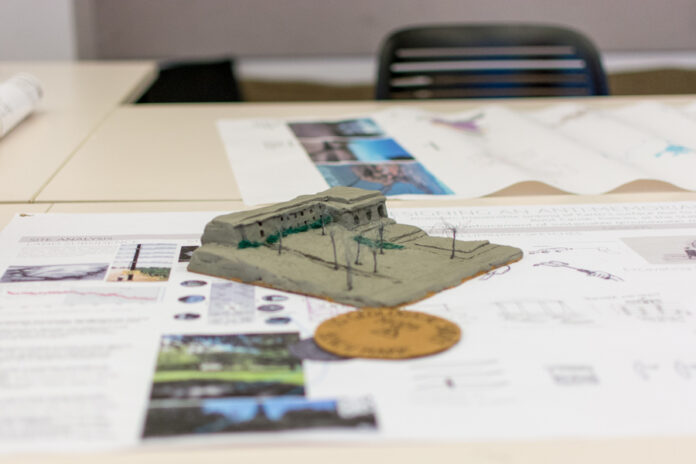
 A basic guide to agricultural advocacy
A basic guide to agricultural advocacy
Agricultural advocacy is as broad as it is specific, as vague as it is complex. It comes in many different forms, which is probably why it’s so hard to recognize. What you may do to conserve energy or be conscious about the products you consume could be considered agricultural advocacy, but until there’s a standardized concept of what exactly that term means, “agvocation” may continue to be accidentally practiced rather than consciously practiced, as it should be.
The very nature of agricultural advocacy is multifaceted and may even be too dynamic to be defined. The one aspect that remains undisputed is that agriculture is important, but it’s hard to explain why. It’s similar to how most of life’s processes and enigmas can be explained by science, but sometimes the science is hard to understand. Agriculture affects every aspect of life in the way science does. I’ve compiled many sources, both factual and opinionated, that inform the following definitions I feel are the essentials you can apply to your own life.
When you Google agricultural advocacy, the first source to pop up will most likely be Agriculture More Than Ever, an online archive of Canadian agriculture. Though it’s undetermined where the term “agvocate” was originally coined, this group is known for using it like a brand to define themselves and what they do to promote a positive image of agriculture — especially conventional practices commonly vilified in mainstream media. I was surprised that the first result was Canadian given that the United States is the top producer of agricultural products in this region and also because the American farmer is a staple identity in this country.
What does this say about America’s ability to communicate about this essential, life-sustaining industry? Are American agriculturists more concerned with production than communicating the importance of that production for every citizen, and if so, from where can this belief be derived? In asking these kinds of questions, we can better understand the dilemma of insufficient agricultural literacy in this country. Whatever the American case may be, a point on which I will elaborate later, it seems Canadian agriculture already has a lot to say about being agriculturally literate with a wealth of sources available on this site, like a webinar about learning how to speak up for ag.
Throughout the hour-long video, Dr. Camille Ryan, the social sciences lead for Monsanto, explains her strategies on having thoughtful conversations about food systems. Dr. Ryan first outlines the human thought process from a sociological perspective before detailing steps to take to start having your own mindful conversations. She does this by drawing from her professional and personal knowledge in having difficult conversations about the ag industry.
“Ag has developed a public image problem because there is no one way or prescription to have a conversation,” Dr. Ryan explains in the video. “North Americans are generationally and geographically removed from the farm about four generations and yet people feel inclined to weigh in on the subject with limited knowledge.”
She partly attributes this problem to the “fear industry,” which has been framing GMOs as “frankenfoods” since 1991. As an aspiring agricultural journalist, I hope to help fix the media’s fearmongering problem insofar as writers are not being blamed for misconceptions — or at least to help the media start owning up to and correcting their errors. Dr. Ryan’s tips to start a meaningful dialogue are to determine where the person you’re talking to is on a “perspective continuum,” and figure out who you’re talking to and what they’re passionate about. Lead with narrative to foster connection before laying down the knowledge. This becomes easier when you engage frequently and ask questions.
Next, if a dispute arises, as would be expected, you should diffuse and deflect. Determine what emotion or political motivation is causing someone to be reactionary in a heated debate. Get people to seek reliable sources if the way you’re explaining the topic isn’t well understood or received. Use personal experience to filter truth and then dialogue. Dr. Ryan quotes Michele Payn-Knoper, a professional agriculturalist, to drive home the point: “The goal is not to change hearts and minds as much as it is to change the point of reference.” People want a story more than they want to process facts.
What are some ways you can apply these tips to your life? You can start by informing yourself via any aforementioned resource, or conduct your own search. Volunteer at the Student Farm for hands-on experience if you like seeing the tangible fruits of your labor. Take any class related to agriculture as a GE or extracurricular at least once. Please use this institution, the leading school in agriculture, to your advantage. And just think how awesome it will be when you’re able to reminisce on your college days and tell your colleagues at cocktail parties that you learned how to make wine, write environmental policy, produce dairy or design the landscape around your own home.
Written by: Camille Chargois — cachargois@ucdavis.edu





